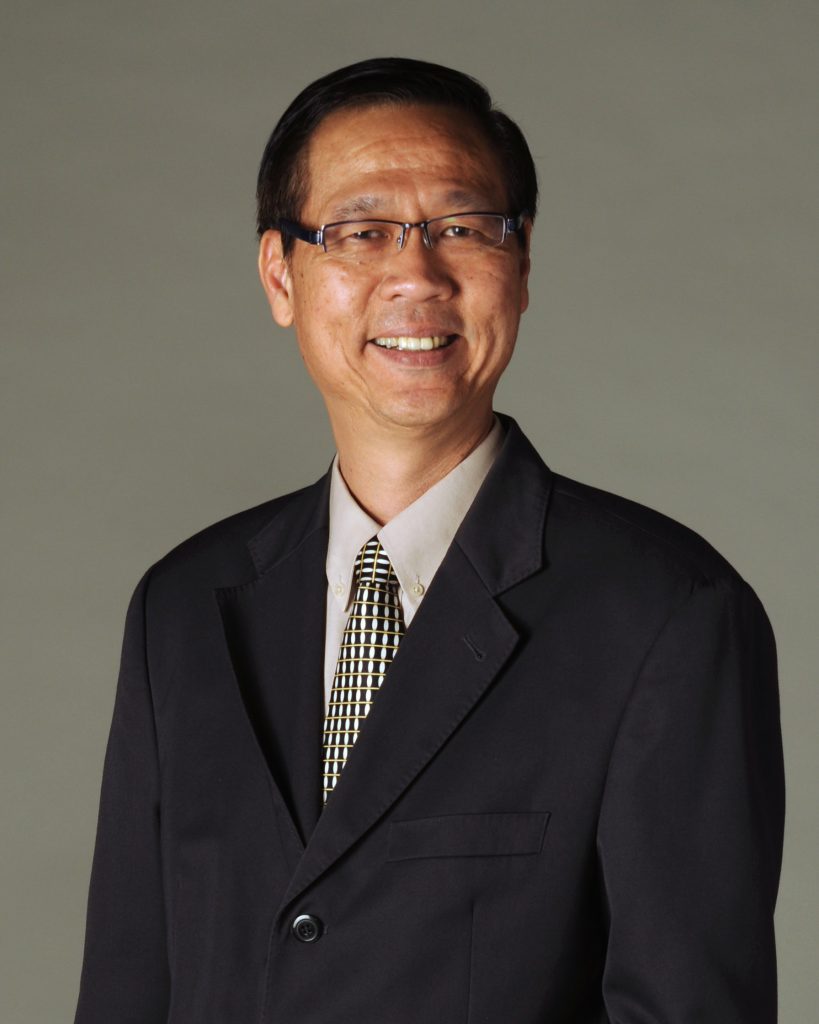
If you were to mentor a young pastor. How would you start? Rev Robert Lum draws from his personal experience and shares three principles.
“We teach what we know; we reproduce who we are.” – John Maxwell
Through the years, I have come across different terms for mentoring: the Paul-Timothy relationship; discipler-disciple, teacher-student, instructor-apprentice, coach-coachee, and mentor-mentee. The idea is similar—an experienced person guiding a younger or less experienced person in a formal or non-formal relationship.
Whether it is formal or informal mentoring, we should establish a personal relationship.
Honestly, I did not have a formal mentor, but I have learned from many experienced pastors and leaders. I thank God that He has brought many godly leaders into my life. I remember an incident that happened when I was a lay leader many years ago. Someone called the church to conduct a funeral for a member. My pastor was away on a mission trip. I did not know what to do and called a pastor whom I knew. He patiently explained the concept of ministering to bereaved families. He taught me how to respond and helped to conduct it. This brings me to the first principle of mentoring pastors:
- Take a sincere, genuine interest in the person. The Bible tells us to “love each other with genuine affection and take delight in honoring each other.” (Romans 12:10) This is especially important for pastors because they are generally guarded about their needs and struggles. Trust builds up when the person knows that the mentor has his interest at heart. He will share more freely and learn more readily. In this way, the mentorship is more effective.
Whether it is formal or informal mentoring, we should establish a personal relationship. Paul called Timothy “his son in the faith” (1 Timothy 1:2). He brought him on his journeys, prayed, encouraged,
and taught him to handle church matters. I tell the staff, “We are more than colleagues. We are family.” I ask about their well-being and their family. I listen to their stories, pray, encourage and give my advice (if appropriate). I will follow up with them.
The younger or newer pastor needs to know that he is being valued as a person and not merely a worker. This kind of mentoring relationship takes time and effort. The senior leader should initiate the process. As senior leaders tend to be busy, we must set aside time for personal interaction. When we possess a genuine interest in people, mentoring pastors will become mutually satisfying and beneficial. - Be open and honest about yourself. It is said that character and values are more caught than taught. Mentors are more experienced and can help to build a younger person. But we are not perfect. Paul’s weaknesses and struggles are seen in the Bible—the split from his mentor, Barnabas (Acts 15); the struggle with his sinful nature (Romans 7); his inglorious past as a persecutor and his need for support from Timothy (2 Timothy 4:9).
Mentoring is not a one-way process. We strive to be honest about ourselves and our struggles. We may think that sharing our vulnerabilities will discourage the mentee. On the contrary, we become a model of humility and authenticity. We demonstrate our need for God and others. The mentee discovers the truth that God uses imperfect people for His kingdom.
This is not an easy principle to practice. People expect senior leaders to be victorious all the time. They like to hear stories of blessings. As a senior leader, I know how difficult it is to say, “I have my struggles and problems too.” Yet I know the power of authenticity and transparency. Life in the ministry is fraught with challenges and difficulties. Hurts, discouragement, and failures are a part of it. With the help of the Holy Spirit, let us exemplify Paul’s word in 2 Corinthians 12:9 to our mentee. “But He said to me, ‘My grace is sufficient for you, for My power is made perfect in weakness.’ Therefore, I will boast all the more gladly about my weaknesses, so that Christ’s power may rest on me.” - Build people to be competent and independent ministers. It is important to remember that the goal of mentoring is to develop a younger or less experienced pastor to a level of maturity and
competency. Paul, in his final exhortation to Timothy, said, “Preach the Word; be prepared in season and out of season; correct, rebuke and encourage—with great patience and careful instruction…keep your head in all situations, endure hardship, do the work of an evangelist, discharge all the duties of your ministry.” (2 Timothy 4:2, 5) The mentee pastor must be able to function confidently and independently.
As a senior minister, I am conscious of the flawed thinking, “I am better than him (mentee).” It is true at the beginning of the relationship. However, as he learns and practices, he will develop God’s gifts in his own style and ways. To do this, we need to trust the person to do the job, first under supervision, then independently. It could be different, but we honor and respect the way God uses a person. In a recent planning summit, I told the staff, “My job is to make you successful (for the Lord’s kingdom).” Jokingly, I added, “You must increase, and I must decrease.”
This also requires that my identity and security is in God. I must avoid developing a co-dependency attitude that ties the mentee to me. A time will come when the mentoring ends. The relationship, however, continues. When the mentee becomes a mentor, this is successful and fulfilling mentoring!
To do this, we need to trust the person to do the job, first under supervision, then independently.
“And the things you have heard me say in the presence of many witnesses entrust to reliable men who will also be qualified to teach others.” (2 Timothy 2:2)

Rev Robert (Bob) grew up in Eternal Life Assembly since his conversion in 1967. After a five-year banking career, he became a full-time Christian minister in 1985 and
was appointed as senior pastor in 1992. Known for his friendliness and passion, Bob is a “people’s pastor”. He
is married to Dorothy and they have three daughters, two sons-in-law and two grand-daughters and three grandsons.




